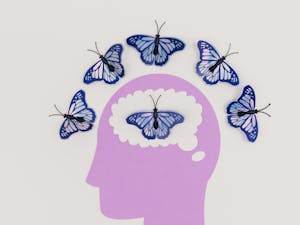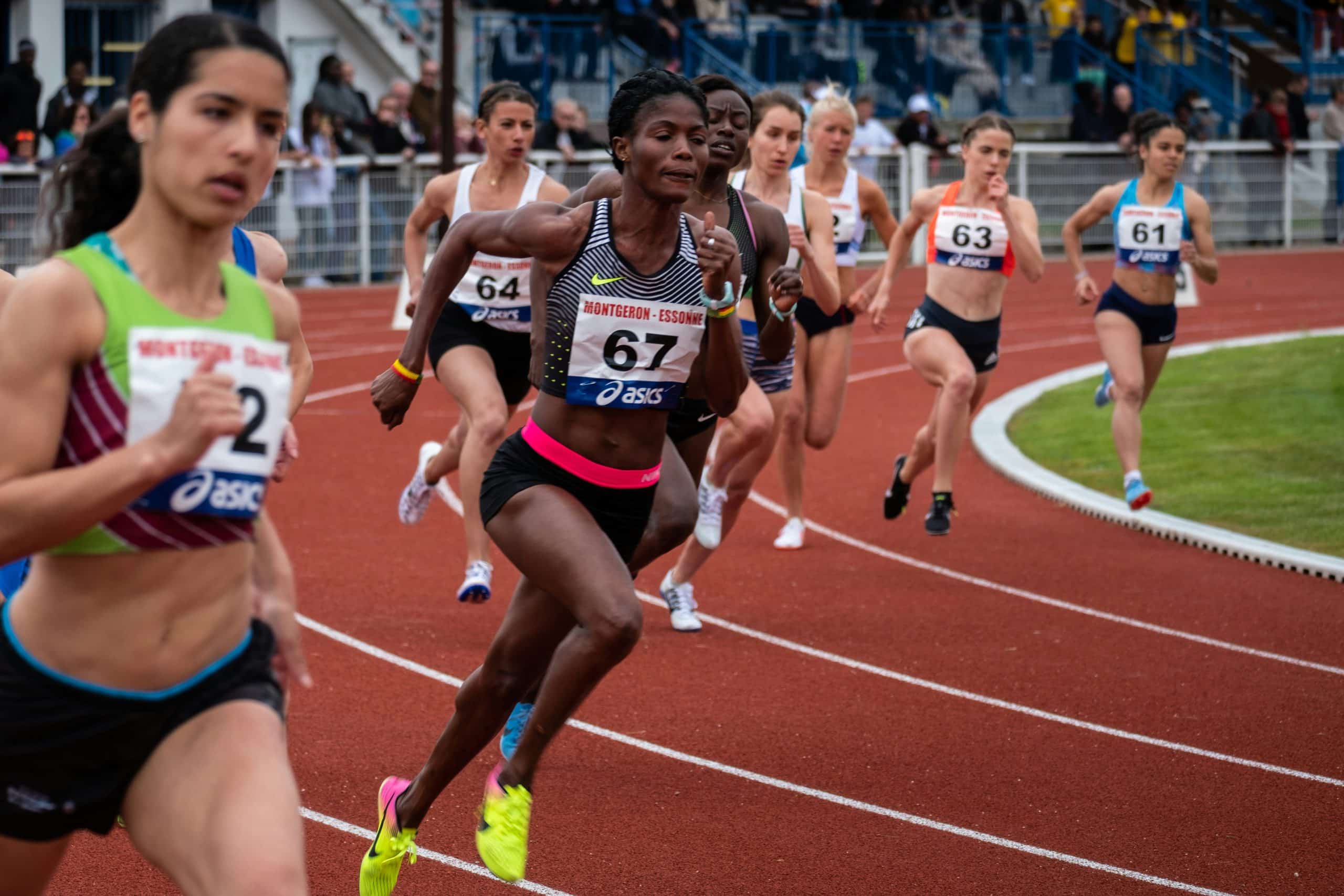Olympics, the grandest stage of all where legends are born, and heroes are made. The world watches with bated breath as athletes push the boundaries of the human spirit, vying for gold, silver, and bronze medals. Among these gladiators, certain individuals have etched their names in the annals of history. Their stories of triumph and resilience continue to inspire us. But once the dust settles and the cheers fade, where do these legends find themselves? Let’s explore the lives of some celebrated Olympic athletes and their journeys post the games.
An Iconic Salute: Tommie Smith and John Carlos
The 1968 Mexico City Olympics were not only a stage for athletic prowess but also a platform for political statements. Two American athletes, Tommie Smith and John Carlos, used the games to make a powerful statement against racial discrimination. Known for their iconic black power salute during their medal ceremony, their gesture has been immortalized in Olympic history.
Additional reading : How can athletes use sports analytics to improve their individual performance?
Post the games, Smith and Carlos faced backlash for their actions. They were expelled from the team and faced considerable difficulties in the years that followed. However, over time, they have been recognized and celebrated for taking a stand when it mattered the most. Today, Smith is an influential public speaker and Carlos, a guidance counselor, and track and field coach. Their lives continue to be a testament to the struggle for social justice, and their iconic salute remains a powerful symbol in the fight against racial inequality.
The Golden Girl: Simone Biles
In the world of gymnastics, one name shines brighter than any other – Simone Biles. Biles has been a beacon of excellence in the sport, amassing a staggering 19 World Championships and 4 Olympic gold medals. Her performances at the Rio Olympics were nothing short of spectacular, earning her the title of America’s golden girl.
Additional reading : What impact do sports have on national identity and patriotism?
Since then, Biles has continued to dazzle in the world of gymnastics. After a brief hiatus, she returned to compete in the 2021 Olympics, winning a bronze and a silver medal. Beyond the games, she has been outspoken about mental health and body positivity, making her a role model for many young athletes. Currently, she runs the Simone Biles World Champions Centre, where she trains future gymnasts, ensuring her legacy lives on.
The Unsung Hero: Peter Norman
The 1968 Olympics holds a special place in Olympic history for more than just the iconic black power salute. The person standing next to Smith and Carlos on the podium, Australian athlete Peter Norman, is often overlooked. Norman won the silver medal in the 200-meter race, but his support for Smith and Carlos’ protest is his enduring legacy.
Norman wore an Olympic Project for Human Rights badge during the medal ceremony, showing solidarity with his American counterparts. His life took a drastic turn after the games. He was ostracized by the Australian athletic community and faced difficulties in his personal and professional life. Norman passed away in 2006, but his legacy was finally recognized in 2012 when the Australian Parliament issued a formal apology for his treatment. His story stands as a reminder that standing up for what you believe in can come with a heavy price, but it’s always worth it.
The Speed Queen: Shelly-Ann Fraser-Pryce
Jamaican sprinter Shelly-Ann Fraser-Pryce is another name that has left an indelible mark on the Olympics. Known as the “Pocket Rocket,” Fraser-Pryce became the first Caribbean woman to win the 100 meters at the Beijing Olympics in 2008. She went on to repeat this feat in London four years later.
Fraser-Pryce’s journey did not stop at the Olympics. She took a break in 2017 to have her son and returned to the track in 2018. She won her third World Championship title in 2019 and competed in the 2021 Olympics. She is currently actively involved in philanthropic work through the ‘Pocket Rocket Foundation,’ which provides scholarships for student-athletes in Jamaica. Her legacy goes beyond her speed and her medals; it is about her determination, her resilience, and her contribution to society.
The Dream Team: 1992 U.S. Men’s Basketball Team
The 1992 Olympics in Barcelona saw the formation of the ‘Dream Team,’ comprised of legends from the American NBA. The likes of Michael Jordan, Magic Johnson, and Larry Bird came together to compete under the American flag. This team transformed the landscape of basketball and took home the gold medal in a spectacular fashion.
In the years following the Olympics, the members of the Dream Team have had varied careers. Some, like Jordan and Johnson, have become successful entrepreneurs, while others have pursued coaching or broadcasting. Their legacy, however, remains intact. They changed the perception of the sport, and their influence is still seen in the NBA today.
Whether they continue to shine in their respective sports or venture into new realms, these Olympic heroes have left a lasting legacy. They have shown us that the Olympic spirit is not just about the pursuit of medals but about resilience, courage, and the power of standing up for what you believe in. Their stories continue to inspire and motivate, reminding us of the remarkable feats humans are capable of achieving.
Pioneers of the Pool: Michael Phelps and Katie Ledecky
Arguably the greatest swimmer of all time, American Michael Phelps, has left an unmatched legacy in the world of swimming. Phelps’ Olympic journey began in Sydney 2000 and ended in Rio 2016. During this period, he racked up an astonishing 23 gold medals, making him the most decorated Olympian of all time. Known for his incredible athleticism and fierce competitiveness, Phelps was a force to be reckoned with in the pool.
Phelps announced his retirement after the 2016 Olympics, but his influence in the world of swimming and beyond continues. He has been open about his struggles with mental health, and he advocates for mental health awareness through the Michael Phelps Foundation. His journey, both in and out of the pool, serves as an inspiration for athletes worldwide.
On the other hand, Katie Ledecky is another swimming legend who took the Olympic stage by storm. From her Olympic debut in London 2012 to the Tokyo 2021 Games, Ledecky has won a total of 10 medals, seven of which were gold. She is known for her unparalleled stamina and discipline.
Post Olympics, Ledecky takes her role as an ambassador for the sport seriously. She uses her platform to inspire young athletes and advocate for gender equality in sports. She is currently studying at Stanford University and swimming competitively for the university’s team. Ledecky’s legacy is proof that with hard work and dedication, one can achieve anything.
A Leap for Equality: Jesse Owens
The name Jesse Owens is synonymous with breaking barriers. The African American athlete famously competed in the 1936 Berlin Olympics, where he won four gold medals in track and field, directly challenging the Nazi regime’s racist ideologies.
After the Olympics, Owens faced the harsh reality of racial discrimination in the United States. Despite his accomplishments, he struggled to find consistent work and faced financial difficulties. He eventually became a public speaker, sharing his experiences and advocating for equality and human rights.
Owens passed away in 1980, but his legacy lives on. His performance in Berlin remains one of the most significant moments in Olympic history. Owens not only defied racial prejudice on an international stage, but he also broke records, proving that talent and determination know no color. His life is a testament to the power of resilience in the face of adversity.
Conclusion
From the track to the pool, these Olympic heroes have made their mark, not just in their respective sports, but also in the wider world. Their journeys show us that there is more to the Olympics than just winning gold medals. It’s about pushing personal boundaries, breaking societal barriers, and leaving a legacy that inspires future generations.
Through their actions, these athletes have shown that the true spirit of the Olympics lies in the pursuit of excellence, sportsmanship, and the courage to stand for what is right. The lives of these legends continue to inspire us long after their Olympic journey has ended. They remind us that heroes are not just born on the grand stage of the Olympics, but they continue to live where their influence is needed the most – in the hearts and minds of those they inspire.











